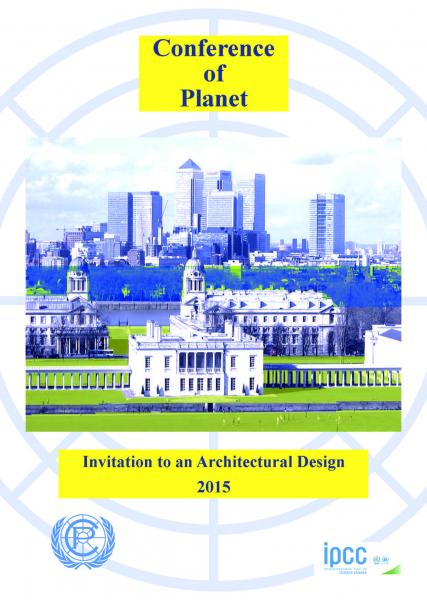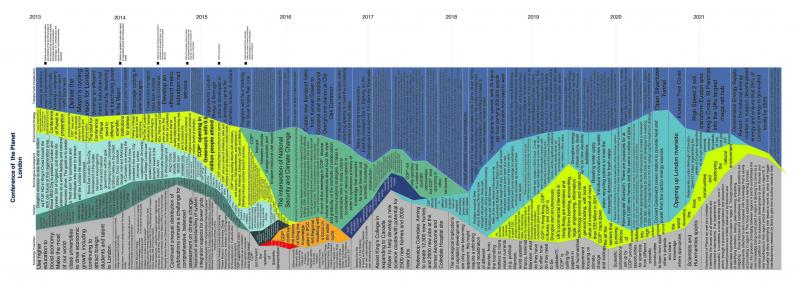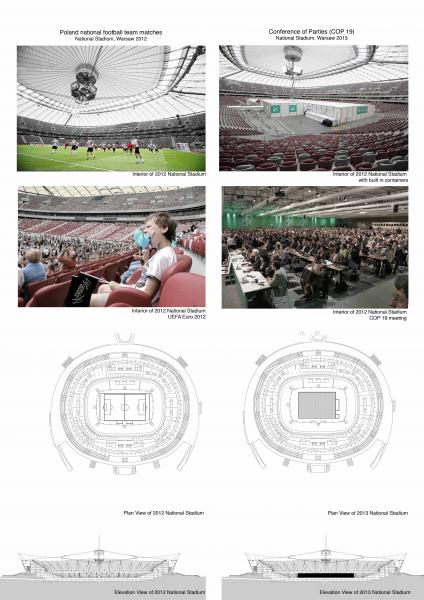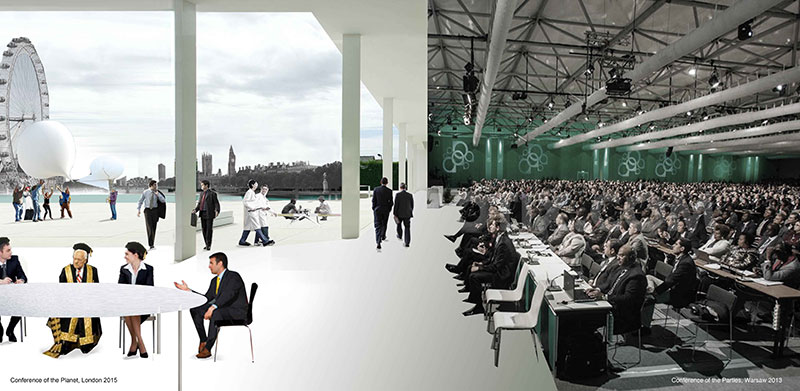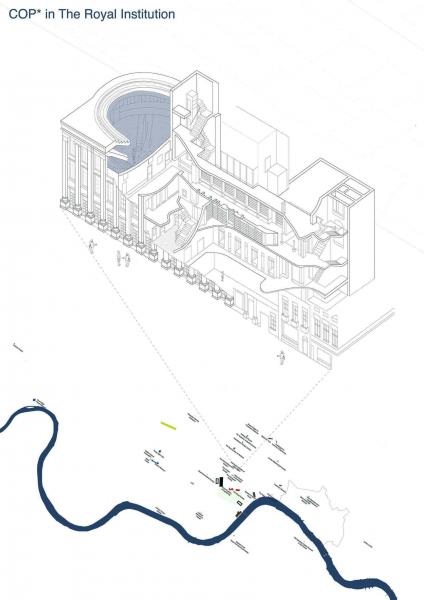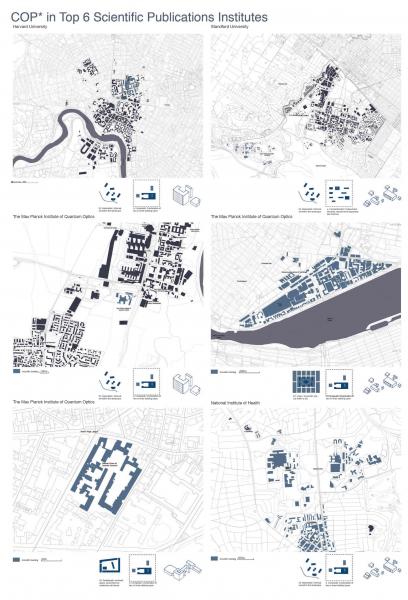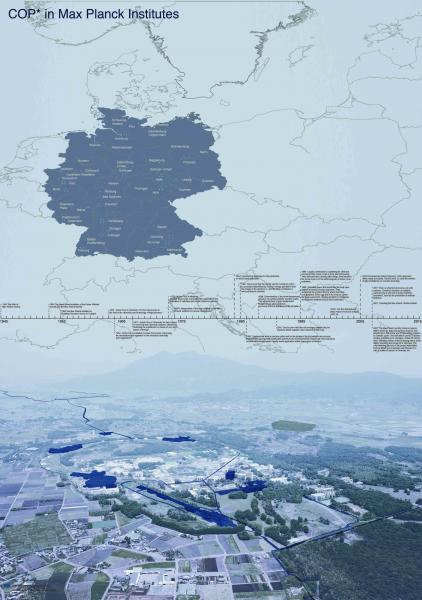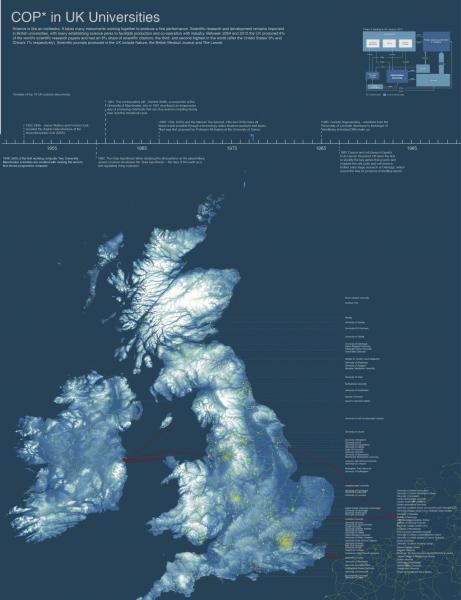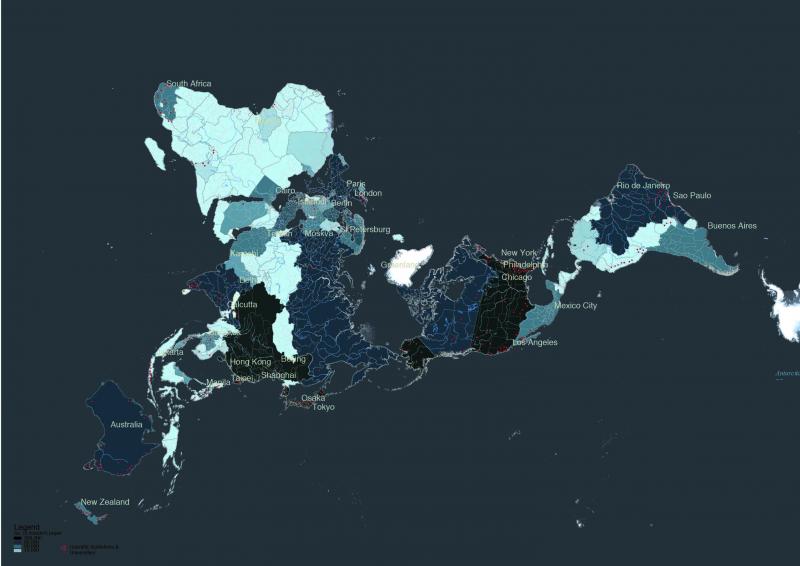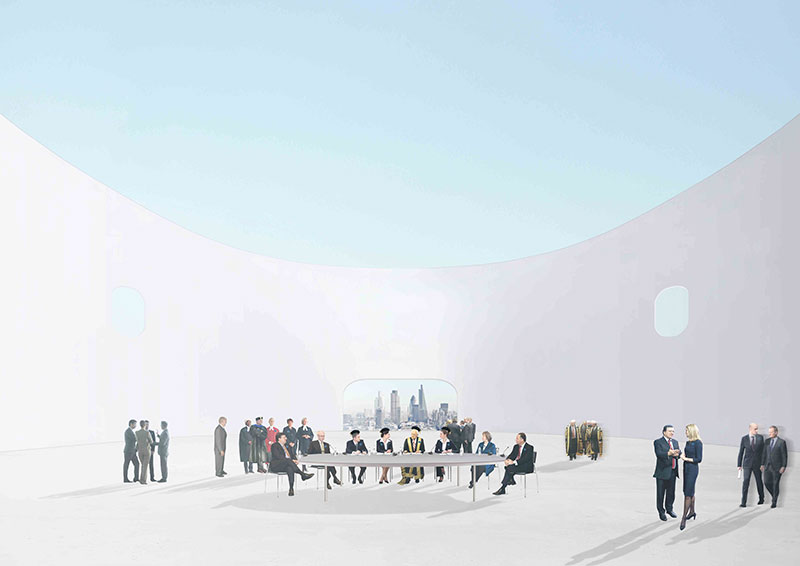Conference of the Planet Brief
Vision of Conference of Planet
1. Expanding our understanding and altering our perceptions of climate change.
2. Tackle the range of companies/entities that contribute to carbon emissions.
3. Integrated education and methods of working which
increases the probability of discovery through competitive
and relationship between universities, academies, and
institutes.
4. Porous scientifi c discussion.
5. Scientififi c dominance over technocratic governance.

